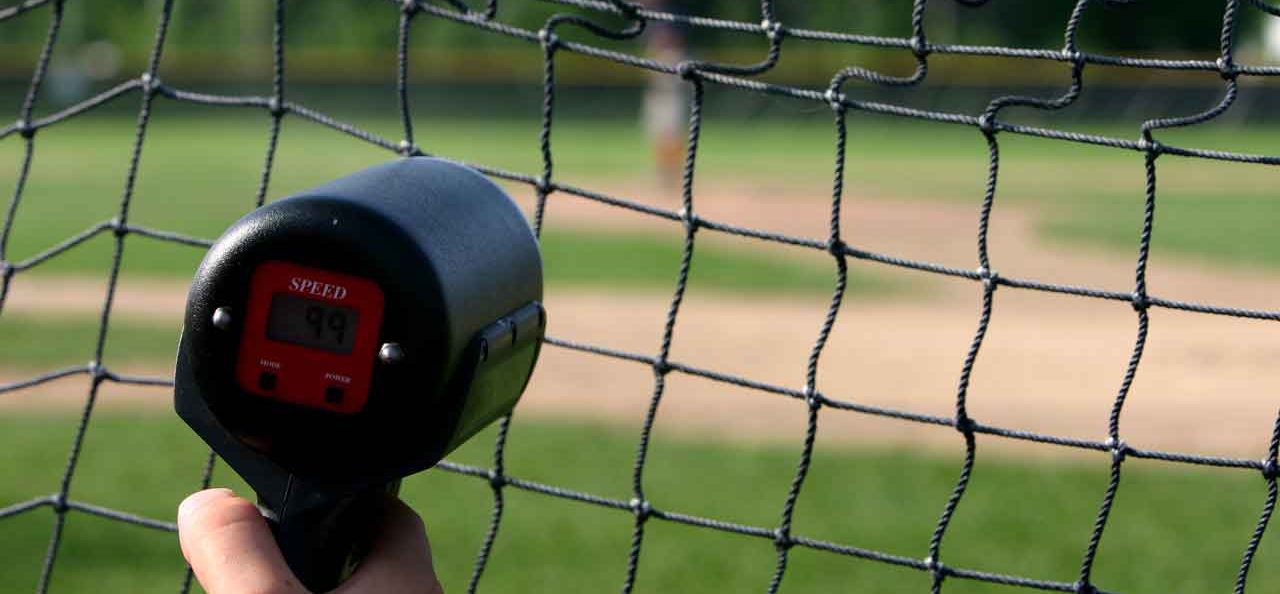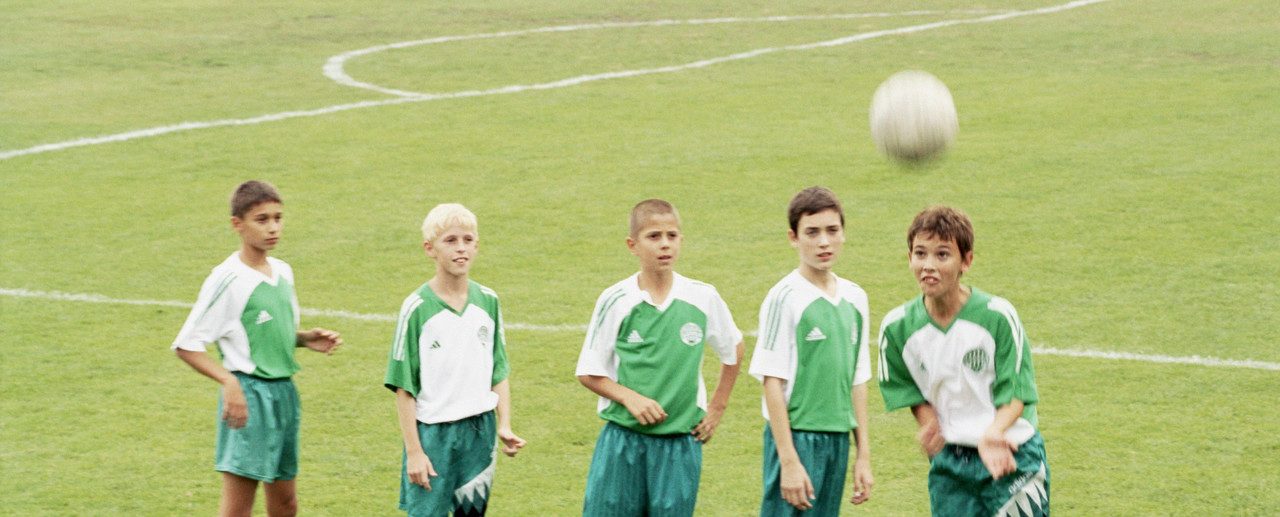February 23, 2018
SATs and Radar Guns: Our Obsession with Youth Performance

We are obsessed with measuring performance in our youth. Supposedly as a predictor of future achievement, our measurements have become much more than that; they’ve become the achievement. The result is that we are losing our ability – which is also our responsibility – to truly prepare youth for the future that awaits them.
Let’s start by picking on standardized tests, particularly those used as part of the college admissions process. We’ll go with the SAT. We learned many years ago that the early claim that it assessed “APTITUDE” needed to be changed to measuring “ACHIEVEMENT.” That was a big step forward, in that it acknowledged that you actually needed to be taught the material on the test in order to do well on it. That said, the SAT is one of those snapshot assessments that is used to indicate how well a kid is prepared to go to college. Actually, let’s take that back; it’s used to flag the kids that are best prepared for college especially in our most “selected” universities.
Does it have some predictive power? Sure it does, but that’s primarily because college classes will often assess in the same way that the SAT does. Give kids lots and lots of information, ask them to process it, and deliver it back the way it was presented. That’s pretty much the SAT format and the infrastructure of many a mid-term and final exam in college. It’s worth noting, however, that the scaling of it tries to produce a wide range of scores within a group of individuals who really aren’t all that different, according to some especially well-qualified experts.
Does it predict beyond that? That’s a tough question to answer. There is some prediction because the SAT indicates something about how well a student will do in college if the structure parallels the SAT which tells us who will do well on the MCAT exam to get into medical school, and so on. What it doesn’t tell us is who will be a great doctor. I don’t care if you had a perfect score on the SAT and the MCAT, and graduated first in your class in medical school. If you are going to treat me, or cut me open, I want to know if you are a great doctor all the way around. Will you solve tough problems? Will you think out of the box if necessary? Can you collaborate with other specialists? Are you locked in when you get that call at 3 a.m., or do you wish you wouldn’t be bothered at that time? Are you more concerned with your billing and bottom line than my well being? Let’s be real. We’ve all had great, good, ok, and bad experiences with doctors. Some are amazing practitioners that you are lucky to have treat you. Some are pretty lousy and don’t do a dang thing for you, except misdiagnosis or give the wrong treatment suggestions. I’m willing to guess that the SAT and MCAT doesn’t tell me much about that.
While some colleges are not requiring, or won’t even take, the SAT, the bigger point is that it’s become such a focus for kids that it leads in some (and some might say more than some) cases of students who prepare for getting into college, rather than preparing for college. While they may be prepared, cognitively, for college classes, they aren’t ready to function independently, manage their time, regulate their emotions, or deal with setbacks and even occasional failure. It’s the over-emphasis on getting into the college of your dreams (the same can be said, of course, for obsessively pursing straight A’s) that can undermine what you do when you get there. There are some very interesting perspectives that have been published over the last few years that go to this point by those who have had a very insightful view.
It’s not just academics. The same can be said for sports. The “radar gun” – used to measure the velocity of a baseball thrown by a pitcher – has become the SAT of that game. Young pitchers try to hit a magic number (100 miles per hour?) to impress the evaluators (scouts) that they have major league stuff. They want to show that they can maintain that velocity throughout a game. But while the radar guns are lighting up, these young pitchers are going down with injuries at an alarming rate – the kind of injuries that wouldn’t typically occur until the end of a career. And the reality is that velocity alone doesn’t cut it in the big leagues. You need to consistently locate the ball where you want it to go, change up the speed of pitches, pitch to particular hitters and situations.
You also need to maintain composure, not lose your focus, bear down and grind it out. You need to be teachable and learn how to adapt to failure. Keeping yourself together in the clubhouse is important – just as knowing how to handle the lifestyle is essential. There are so many things that go into success that radar gun tells us nothing about. Despite all the advances in scouting and evaluation, it’s still hard for major league organizations to figure out, prospectively, which talent will pan out and mature, and also who will have the right character that is needed to fuel not just individual success but the success of the team.
We’re not going to get rid of the SAT or the radar gun. Yes, there is some utility to both. But what we need to change is the messaging and pressure that success is all about nailing the right number on the right assessment that leads you to be selected by the right organization. Youth need to have a platform that allows them to develop all the skills that aren’t measured in those ways – including cognitive, personal, and social skills that are essential for professional growth across developmental stages in a world that keeps changing and becoming more complex to navigate.
It’s not about getting there – and especially about getting there quickly. It’s about knowing what to do to keep moving toward where you want to get.
YOU MIGHT ALSO LIKE: Chores, Allowance, Jobs: Tips for Parents


